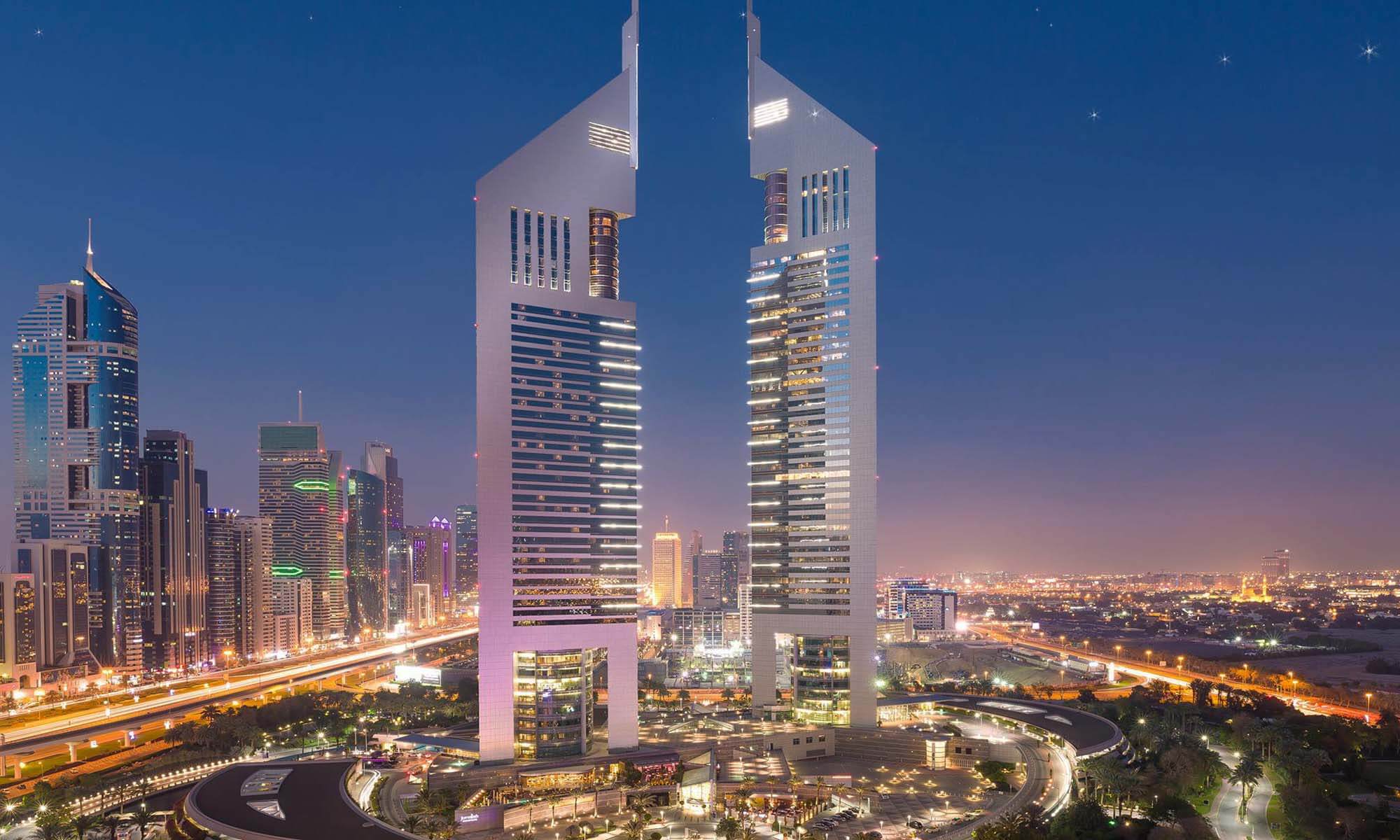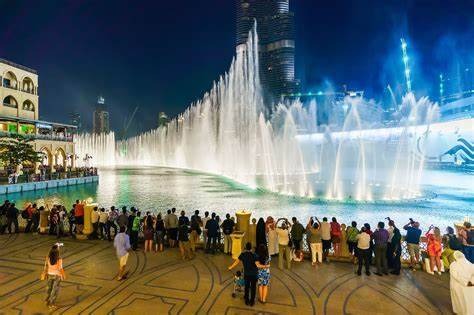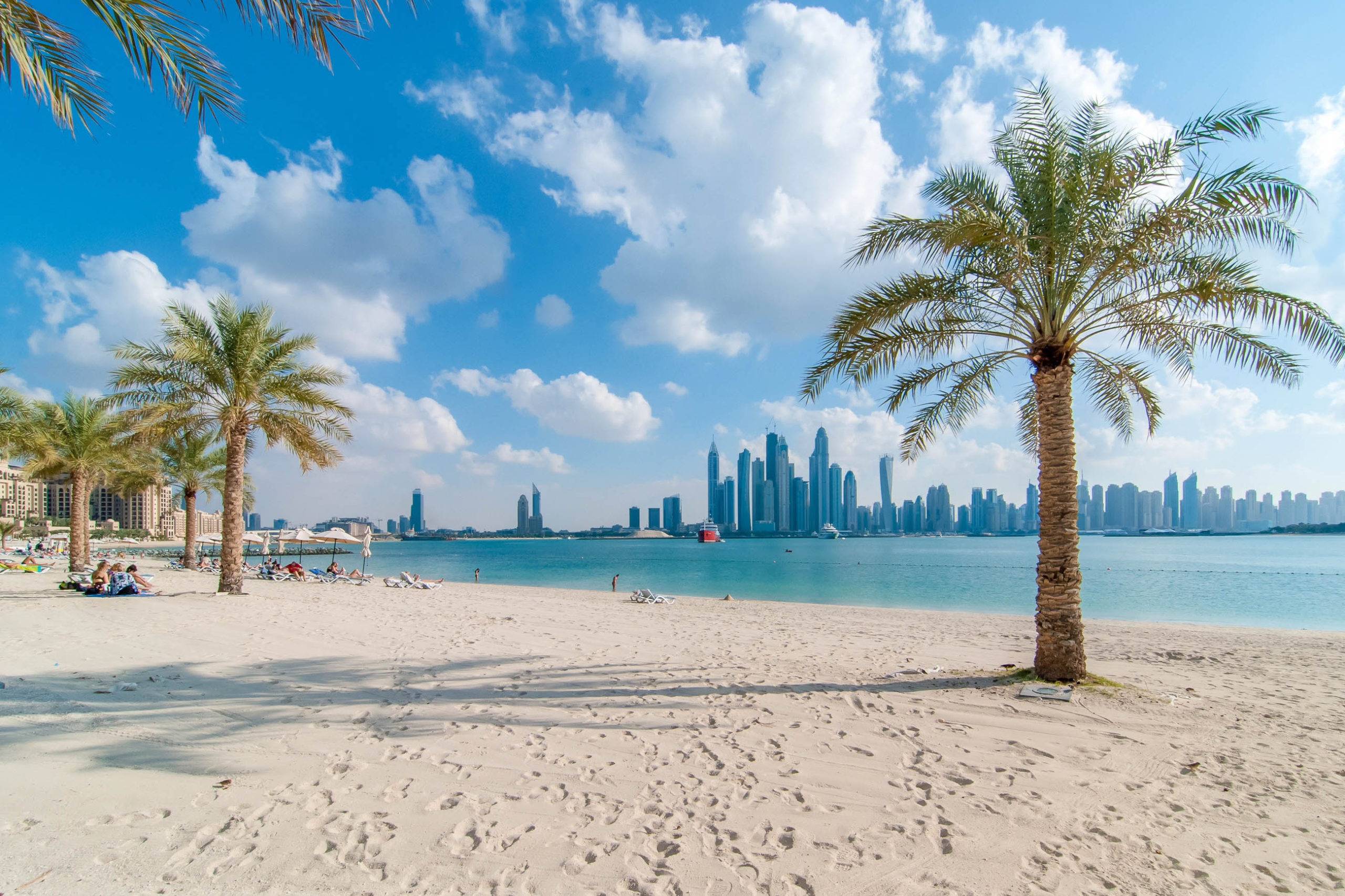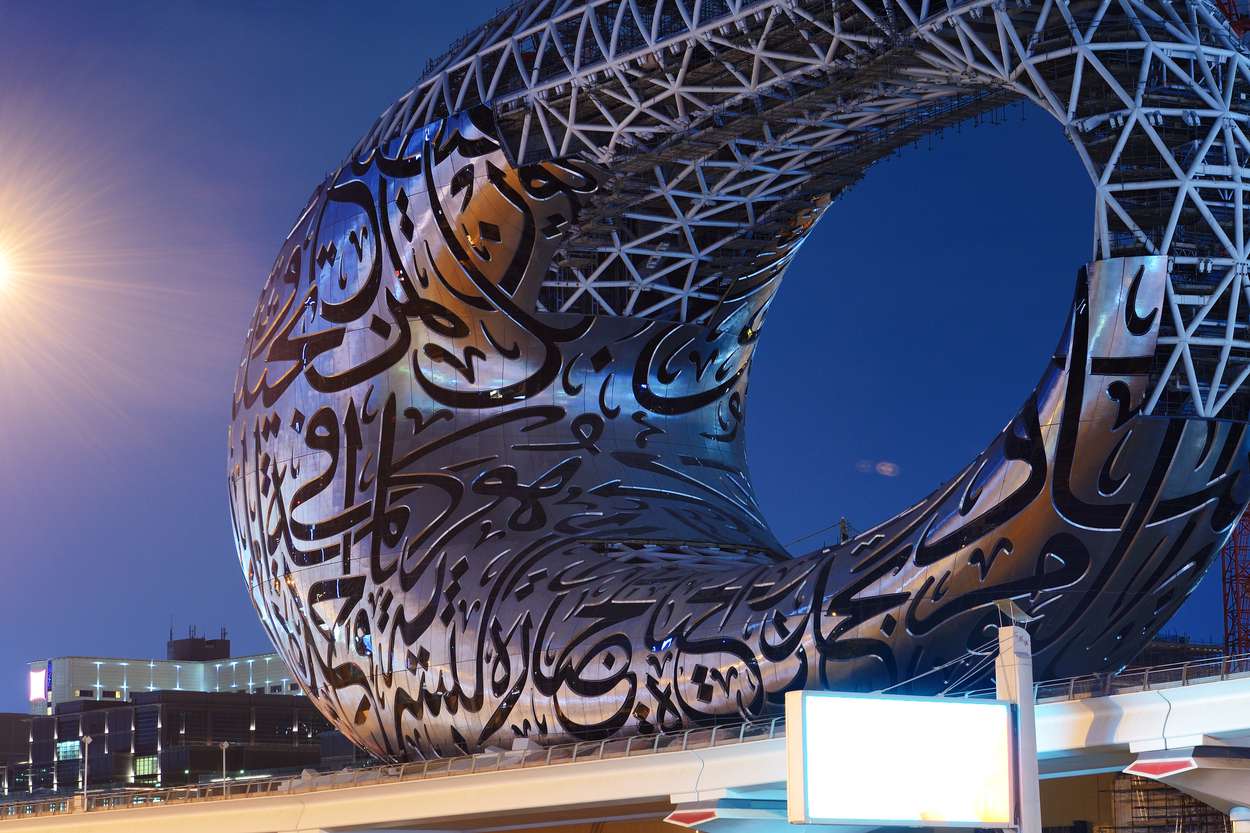Top Ten Beginner Arabic Phrases To Use In Dubai

Want to Sound Like a Local in Dubai?
Whether you’re interning in finance, hospitality, or technology, having a basic understanding of Arabic phrases can greatly enhance your experience and help you navigate daily interactions more smoothly. To help you sound like a local, here are ten essential Arabic phrases every intern heading to Dubai should know:
Marhaba (مرحبا): This versatile greeting translates to “hello” and can be used at any time of the day to greet someone. Whether you’re meeting a colleague in the office or encountering locals in the city, saying “Marhaba” with a warm smile sets a friendly tone.
Sabah al khair (صباح الخير): Used in the morning, this phrase means “good morning.” It’s a polite way to greet people as you start your day, whether you’re entering the office or interacting with locals in cafes or markets.
Shukran (شكرا): Expressing gratitude is important in any culture, and in Arabic, “shukran” means “thank you.” Whether someone helps you with a task at work or serves you in a restaurant, showing appreciation by saying “shukran” goes a long way.
Dubai is 1 of 7 UAE Emirates
Abu Dhabi, Sharjah, Ras Al Khaimah, Fujairah, Umm al-Quwain, and Ajman make up the other 6!
Dubai Is one of the World’s Fastest Growing Cities
From a standing start, today Dubai’s population is almost 4 million inhabitants and growing!
Masaa al khair (مساء الخير): In the evening, you can switch to this phrase, which means “good evening.” It’s a courteous way to greet people as the day transitions into night.
Afwan (عفوا): This word translates to “you’re welcome” and is used in response to expressions of gratitude. If someone thanks you for something, you can reply with “afwan” to acknowledge their thanks graciously.
Kaif halak/kaif halik? (كيف حالك؟/كيف حالك؟): When meeting someone, it’s common to ask how they are. This phrase, which translates to “how are you?” (male/female), allows you to show genuine interest in the other person’s well-being.
Min fadlak/min fadlik (من فضلك): When you need to ask for something politely, “min fadlak” (to a male) or “min fadlik” (to a female) means “please.” Whether you’re requesting assistance or ordering food, adding this phrase shows respect and courtesy.
Wayn (وين): If you’re lost or looking for directions, “wayn” means “where.” You can combine it with the name of a place or landmark to ask for specific locations, such as “Wayn al-hammaam?” (Where is the bathroom?) or “Wayn al-suuq?” (Where is the market?).



Kayfa yomuk/yomik? (كيف يومك؟/كيف يومك؟): Similar to “how are you?” this phrase translates to “how is your day?” It’s a friendly way to check in with colleagues or acquaintances and see how their day is going.
Maa as-salama (مع السلامة): When it’s time to bid farewell, “maa as-salama” means “goodbye” or “go with peace.” Whether you’re leaving the office or saying goodbye to newfound friends, ending conversations with this phrase is polite and respectful.
By familiarizing yourself with these ten essential Arabic phrases, you’ll not only be better equipped to communicate effectively during your internship but also show respect for the local culture, which really does go a long way.
Embracing the language enriches your experience and fosters meaningful connections with colleagues and locals alike. So, go ahead, practice these phrases, and get ready to immerse yourself in your new life in Dubai! Ma’a as-salama!
